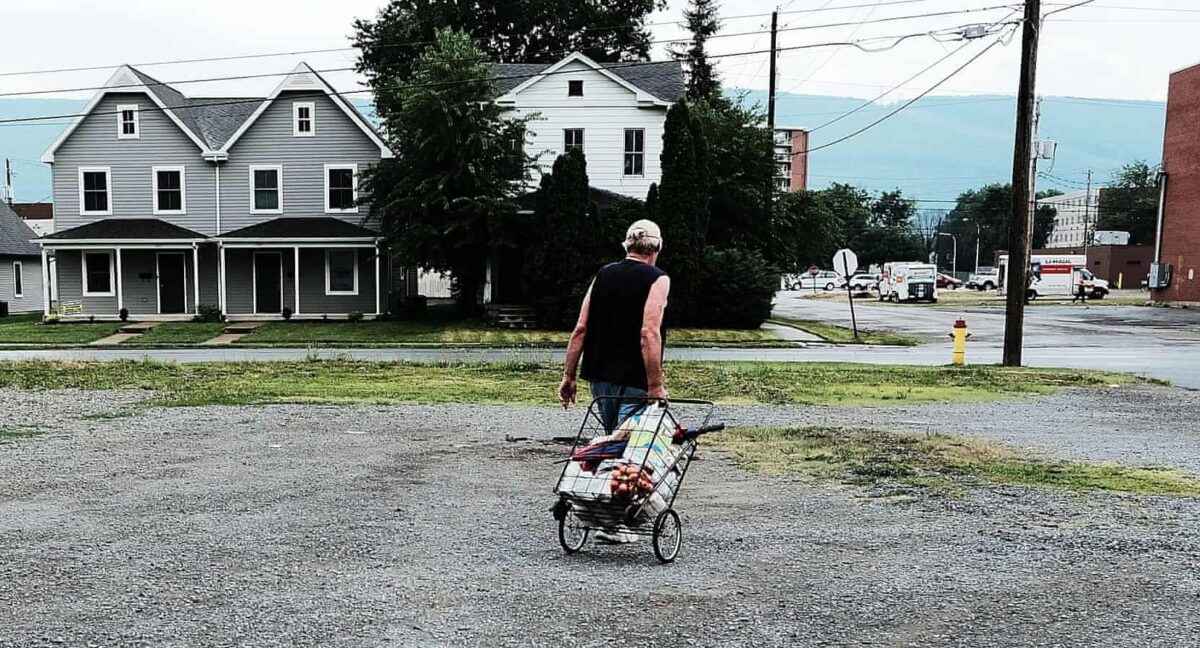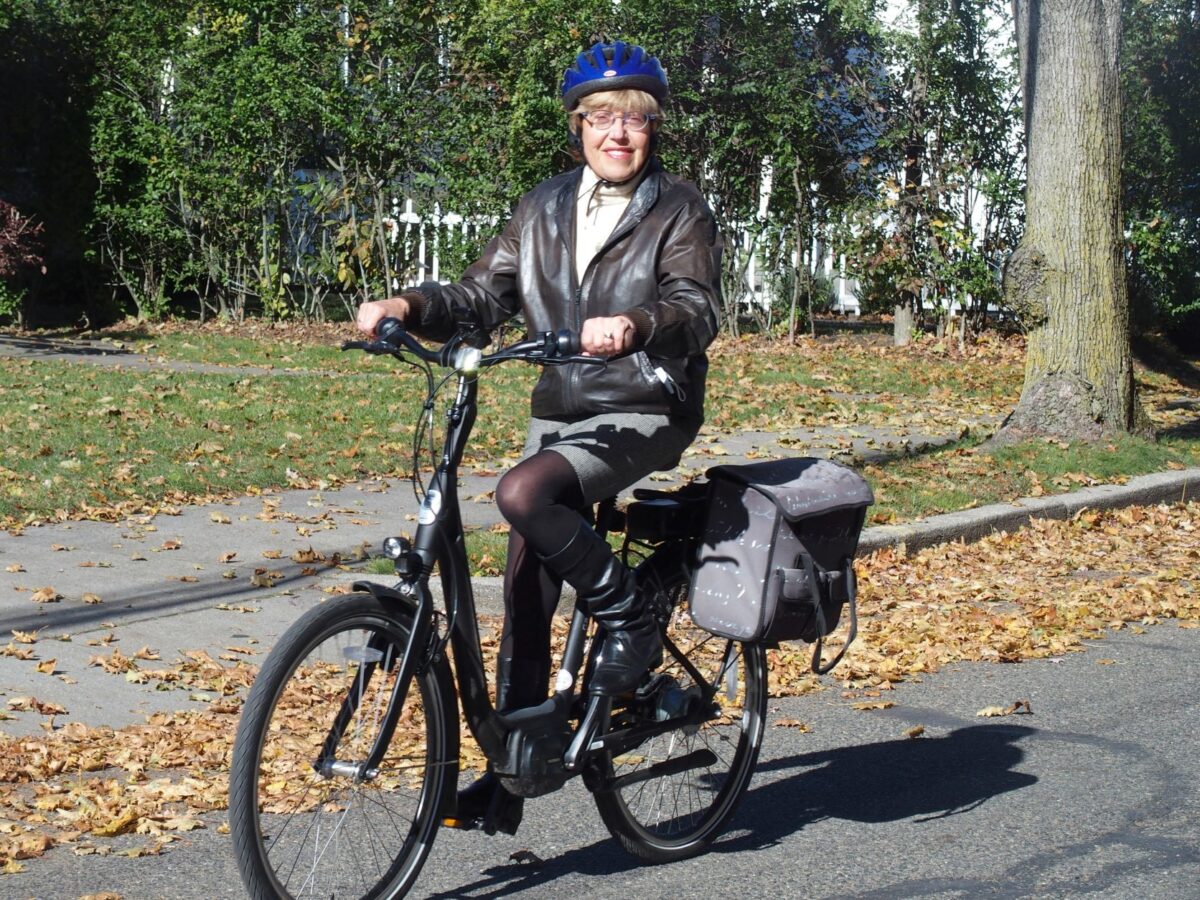The goal of a universal basic income is to give every citizen an opportunity to lead a dignified life in which their (and their families’) basic physical and psychological needs are met in the world in which there may not be enough jobs for everybody and in which income from existing jobs may be inadequate.
I doubt that a UBI will deliver on this goal. Rather, I fear that it will do just the opposite: provide inadequately for the people who are marginalized in the current economy while preserving the system that marginalizes them in the first place.
Let me start with the list of universal human needs: nutrition, shelter, social participation, education, health, physical security, and income security.1 Providing people with a modest income might help with obtaining nutrition, shelter, and income security though it is unlikely that a UBI will ever be high enough to truly eliminate the wants in these three categories. But it will do nothing to satisfy the other basic needs: health (too costly for private payments), education, social participation, and physical and income security. For those, we need functioning, well-funded institutions.
A problem with a UBI is that it commodifies the satisfiers of basic human needs, essentially saying that citizens should purchase them. By doing so, it perpetuates the neoliberal premise that the free market is the best system for meeting human needs and making everybody better off. After four decades of using this ideology as an organizing principle for society, we know that it is completely false in today’s winner-take-all global economy. Building a new institution on that same premise does not make sense to me.
Furthermore, a UBI would be a great opportunity for the free marketeers and libertarians to call for further shrinking of government’s role in providing for the well-being of society, a process that has been going on since the late seventies. “You have your income,” they will say, “Isn’t that enough?” Yes, the proponents of UBI say that it should complement other necessary government services and institutions. But I do not believe that, in reality, it will happen. Moreover, unless the UBI is indexed to some average or median salary (I am not sure how that can be done given severe income inequality), its fate will be similar to that of the minimum wage: from the first day of existence, it will start falling behind in its purchasing power.
And what happens when the political winds on the extreme right starve or completely eliminate the UBI? At that point, we will have neither: no government services and no individual income. I do not trust our political system to protect the UBI.
A UBI would essentially be a huge transfer of public money into the hands of private businesses. We are a consumer society. We are all influenced to lesser or greater extent by the genius of the marketing and advertising industry. For that industry, the stream of cash in the hands of citizens-consumers will be an irresistible sea of gold. No sooner will the money enter the household budgets that it will get clawed back into the pockets of producers of goods and services, whether needed or not. The US household saving rate and debt demonstrate this phenomenon well. Yes, this transfer of wealth will keep the economy moving, but will the recipients of a UBI spend the money to meet their basic needs and dignified life? Some will; many will not. Poverty will not disappear, and greenhouse gas emissions from all that consumption will be detrimental.
A UBI might even have a more insidious impact. Giving people money to solve their daily problems of existence is equivalent to saying that everybody is on their own. Problems of one person are of no interest to another person. We already have plenty of this type of behavior. When schools are inadequately funded, many well-heeled parents send their children to private schools rather than working with other parents to solve this collective problem. Just look at what is happening during the COVID-19 pandemic: private tutors, private study pods, private child care. One of the reasons that the problem of access to health care in the US does not have sufficient political traction is that people with good health insurance (who usually have good-paying jobs and politically savvy) have little interest in risking it for a collective solution to this collective problem.
I prefer to live in a society where collective problems are solved together, not individually. As I watch with great trepidation the growing divisions in our society and the hatred between people, I feel that now more ever we need to build solidarity among people and a sense of common destiny. A UBI will not take us there.
The universal basic services (UBS) approach is a more promising alternative to a UBI.2 In this model, all citizens have a guaranteed access to government-provided high-quality services which meet the basic needs of nutrition, shelter, social participation, education, health, and physical security. Public money remains in the public sphere, cash payments have less importance to households, and material consumption is less frantic, to the great benefit of the global climate.
- The list is adapted from Ian Gough, “Universal Basic Services: A Theoretical and Moral Framework,” Political Quarterly90, no. 3 (2019): 534–542.
- Anna Coote and Andrew Percy, The Case for Universal Basic Services (London: Polity Press, 2020).

